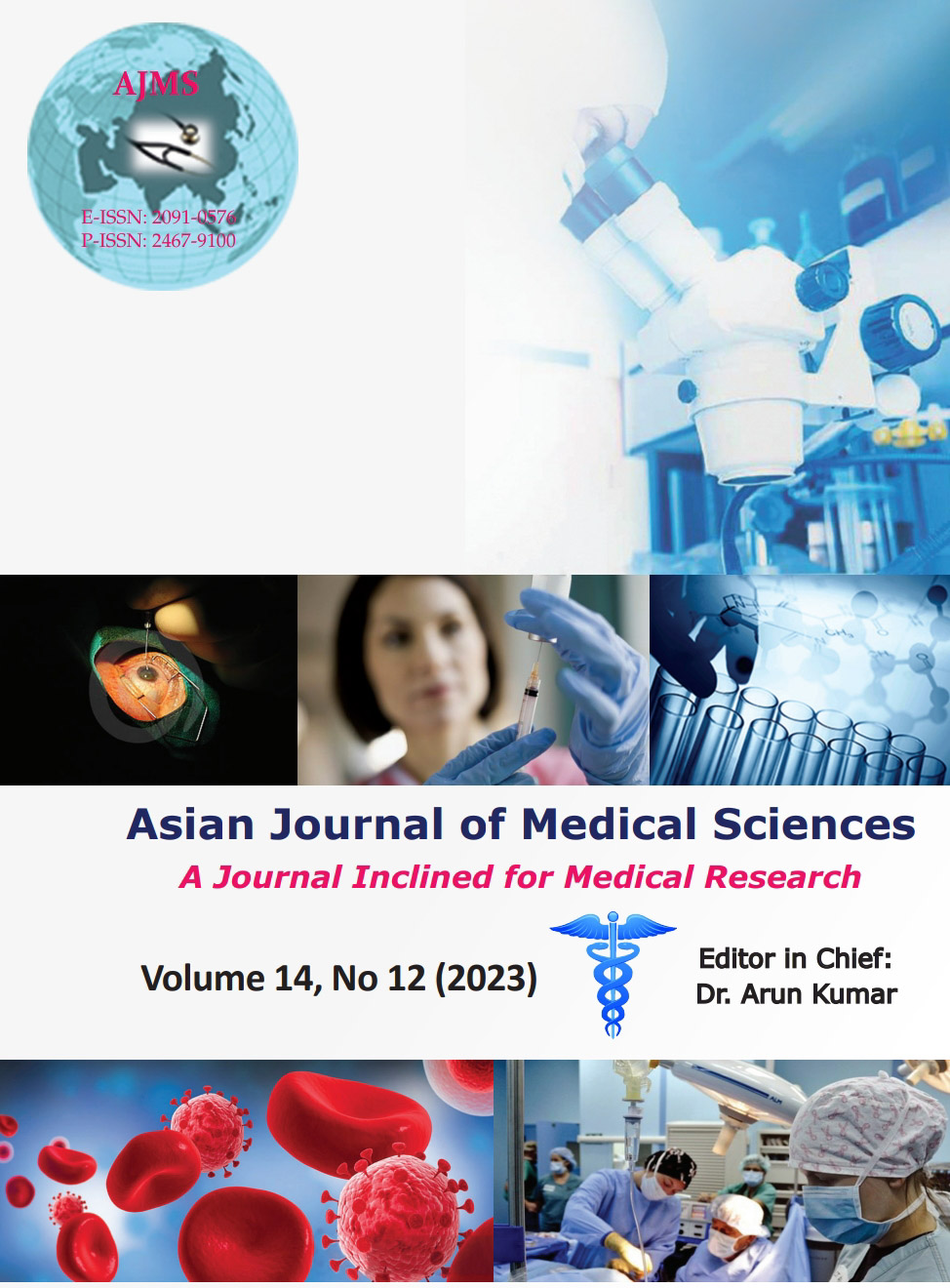The perfect trio to decrease mortality in pancreatic cancers: Molecular marker screening tests with biosensors in precancerous lesions
Keywords:
Pancreatic cancer; Precancereous-precancerous-lesions; Molecular markers; BiosensorsAbstract
The mortality rates of pancreatic cancer (PC) are very high. The methods recommended in the studies conducted to date have been able to reduce mortality very little. This study aimed to review studies on this subject and to identify the most appropriate methods to decrease mortality in PCs. Therefore, research articles and reviews on this subject were analyzed intensely, and the findings were summarized. According to the results obtained in our study, to decrease mortality in pancreatic ductal adenocarcinomas, early diagnostic screening should be performed primarily with molecular markers and biosensors effective in precancerous lesions in risk groups. However, studies on such screening worldwide have not yet been conducted. Therefore, further research is needed to arrive at more precise conclusions.
Downloads
Downloads
Published
How to Cite
Issue
Section
License
Copyright (c) 2023 Asian Journal of Medical Sciences

This work is licensed under a Creative Commons Attribution-NonCommercial 4.0 International License.
Authors who publish with this journal agree to the following terms:
- The journal holds copyright and publishes the work under a Creative Commons CC-BY-NC license that permits use, distribution and reprduction in any medium, provided the original work is properly cited and is not used for commercial purposes. The journal should be recognised as the original publisher of this work.
- Authors are able to enter into separate, additional contractual arrangements for the non-exclusive distribution of the journal's published version of the work (e.g., post it to an institutional repository or publish it in a book), with an acknowledgement of its initial publication in this journal.
- Authors are permitted and encouraged to post their work online (e.g., in institutional repositories or on their website) prior to and during the submission process, as it can lead to productive exchanges, as well as earlier and greater citation of published work (See The Effect of Open Access).




